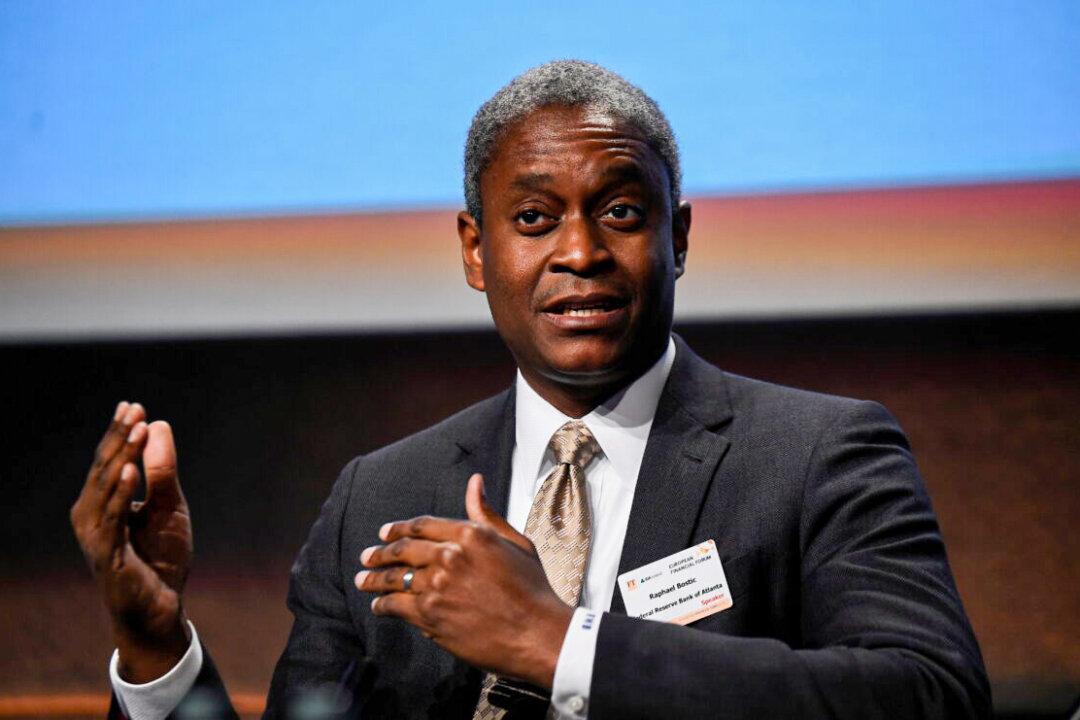Raphael Bostic, president of the Atlanta Federal Reserve Bank, is currently under investigation after admitting to not disclosing certain trading activities that he engaged in during restricted periods.
Since assuming office in 2017, Bostic claims he has ensured his assets are only held in managed accounts which neither he nor his personal investment advisor has the ability to direct, the Fed president said in an Oct. 14 statement (pdf). However, Bostic claims that he only learned later on that transactions done by third parties on such accounts must also be listed in the annual disclosure forms.





